What causes cat growling?
Cat growling can be caused by a number of things, like toy aggression. Photography ©Page Light Studios | Thinkstock.
Although Gabby is more reserved than my outgoing lap cat Merritt, he is truly a big, lovable baby around an exclusive, privileged few and, since he had a rough start at life, it’s even more of a triumph when Gabby chooses to curl up next to us, groom us, or lavish us with headbutts and purrs. He does not growl all the time, but he does growl more than other cats because he is more nervous than most cats. Gabby growls mostly when strangers enter our house and especially when strangers try to approach him without properly introducing themselves. I get it — I’d growl too if some weirdo entered my home and immediately thought they were entitled to the same physical contact (in Gabby’s case, head pets, in mine, hugs) I reserve for family and friends.
“Growling is a warning noise,” Dr. Gibbons affirms. “It implies unhappiness from annoyance, anger, aggression or fear. It is a signal to back off. Growling can occur from a variety of triggers. Some cats can be food or toy aggressive and growl to show possession. If a cat is annoyed by physical contact, he or she may growl.”
What about when cats growl at each other? When Merritt was growling at Gabby after he returned from the vet, it was because she simply didn’t recognize her kitty sibling! He smelled like the vet (Shots! A sterile environment! Riding in the car! Other cats!) instead of his usual odor (usually a mix of cat food and rolling around in his dad’s hockey gear). “Cats can also growl in the presence of other cats or dogs in order to establish dominance or signify they are not interested in interacting with the other animal,” Dr. Gibbons explains.
Please open the next page to continue reading

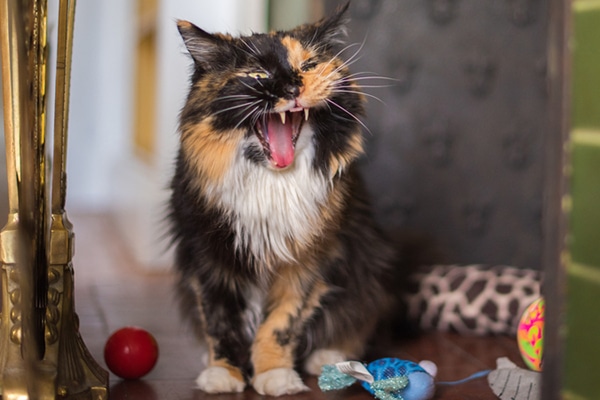
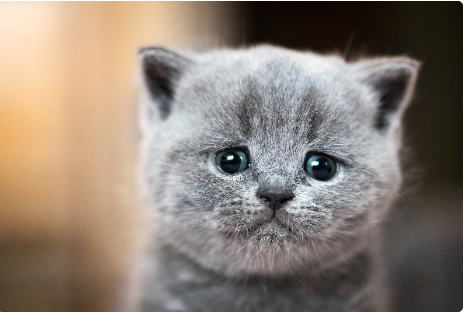
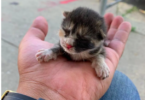

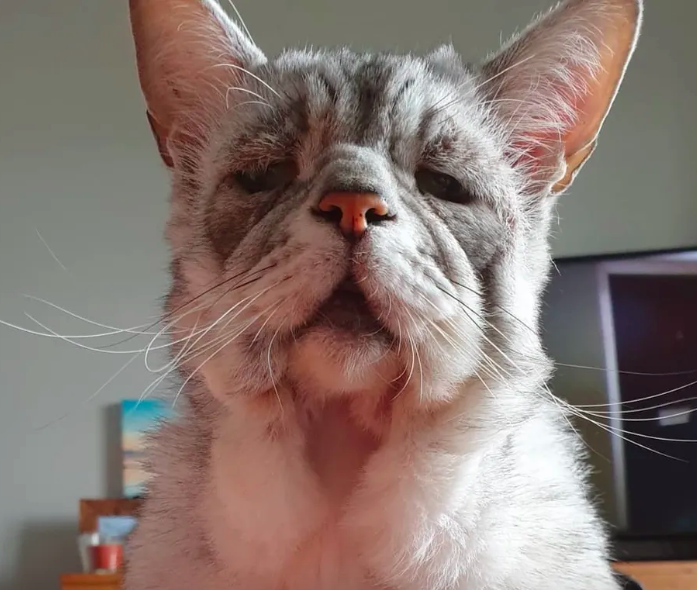
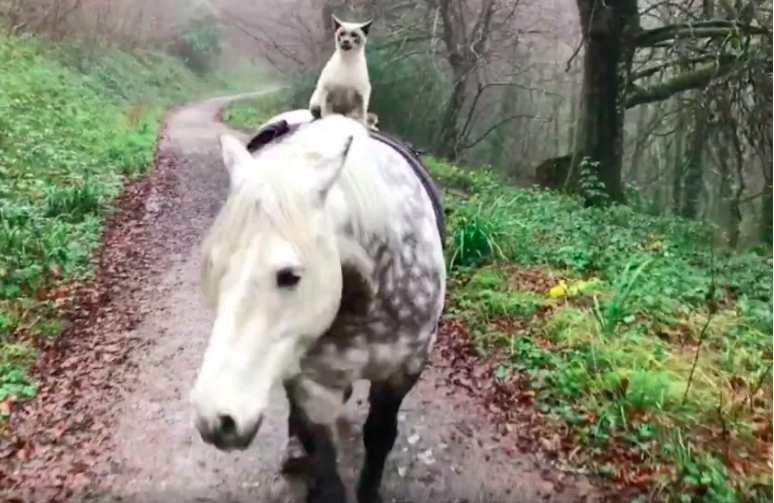
Leave a Comment